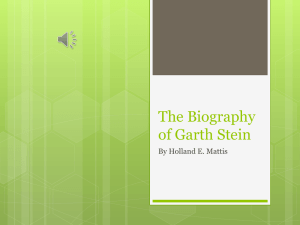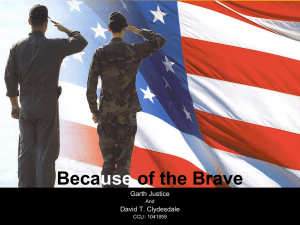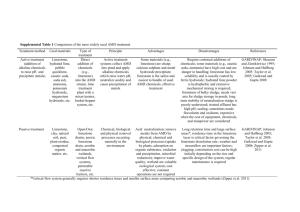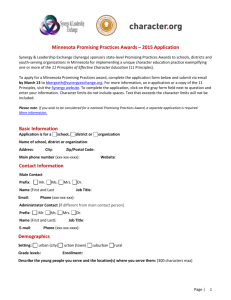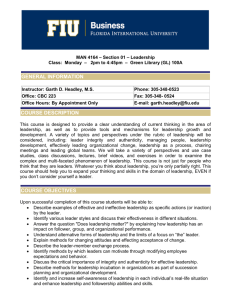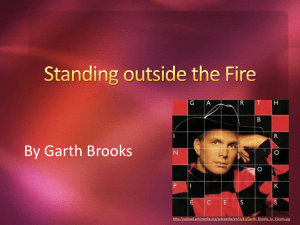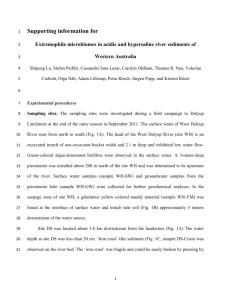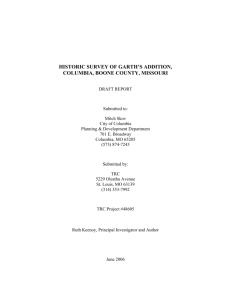here
advertisement
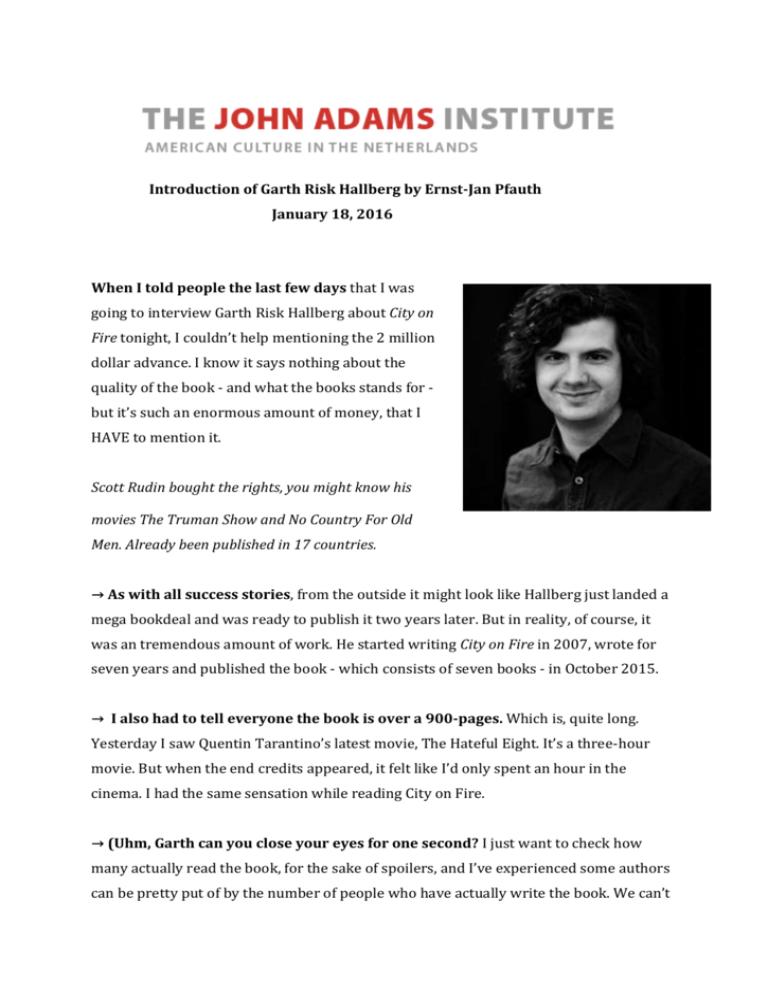
Introduction of Garth Risk Hallberg by Ernst-Jan Pfauth January 18, 2016 When I told people the last few days that I was going to interview Garth Risk Hallberg about City on Fire tonight, I couldn’t help mentioning the 2 million dollar advance. I know it says nothing about the quality of the book - and what the books stands for but it’s such an enormous amount of money, that I HAVE to mention it. Scott Rudin bought the rights, you might know his movies The Truman Show and No Country For Old Men. Already been published in 17 countries. → As with all success stories, from the outside it might look like Hallberg just landed a mega bookdeal and was ready to publish it two years later. But in reality, of course, it was an tremendous amount of work. He started writing City on Fire in 2007, wrote for seven years and published the book - which consists of seven books - in October 2015. → I also had to tell everyone the book is over a 900-pages. Which is, quite long. Yesterday I saw Quentin Tarantino’s latest movie, The Hateful Eight. It’s a three-hour movie. But when the end credits appeared, it felt like I’d only spent an hour in the cinema. I had the same sensation while reading City on Fire. → (Uhm, Garth can you close your eyes for one second? I just want to check how many actually read the book, for the sake of spoilers, and I’ve experienced some authors can be pretty put of by the number of people who have actually write the book. We can’t have you in a bad mood here, so please close your eyes for one second. Ok, who has read the book?) → Ok, so the book transports you to New York in 1977, the year of the blackout. 1500 shops looted, 3700 arrests. It’s a story about the punk scene, but also about corporate New York, and its greed, and how these two worlds meet. Its characters grow on you. I still miss Charlie. Louis Menand wrote a review about City on Fire for The New Yorker. In it, he says, and I quote: “To a person who did live in New York in the nineteen-seventies—to wit, this person—his powers of evocation are uncanny. Hell’s Kitchen, the Bowery, Central Park West, the subway, the Long Island Rail Road —it’s as though he’d once walked those streets, ridden those cars.” But here’s the thing, Hallberg wasn’t even alive back then. His year of birth is 1978. I want to know how he pulled that of! → I also want to ask him about New York, New York in the seventies, why he picked that time. And we should discuss his somewhat special relationship to technology as well. → But first he’ll read from his impressive book. Oh and I won’t ask about the advance. Like Hallberg said in an earlier interview, if you do the math, - seven years of writing - it’s actually a crappy hourly wage. → The invitation for this evening called Hallberg ‘one of the most promising novelists of the future’. We now get to see how a promising novelist of the future looks like, ladies and gentlemen, GARTH RISK HALLBERG.
